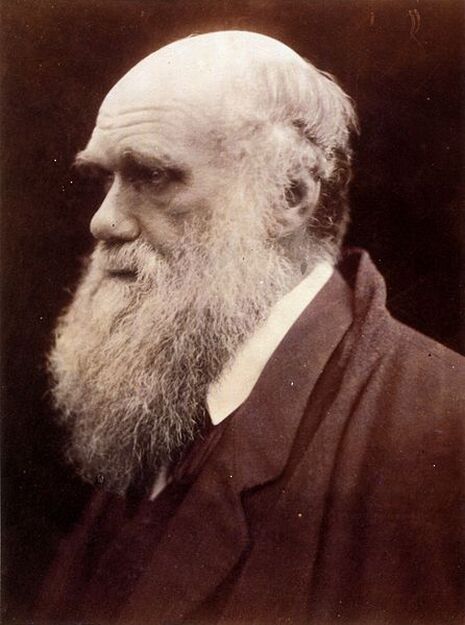UL shares Darwin’s secret letters online
The collection opens up exciting new possibilities for our understanding of Darwin, revealing an emotional side along with the development of his scientific research.

More than 1,400 previously unpublished letters written to and by the celebrated naturalist Charles Darwin have been made available by the Cambridge University Library for the first time.
They were published online last week as part of the ongoing Darwin Correspondence Project. The Cambridge University Library already houses the world’s largest collection of Darwin’s letters, more than 9,000 of the 15,000 he is known to have written during his lifetime. The project is eventually looking to publish all of these online.
This collection contains the letters written between Darwin and his closest friend, the botanist Joseph Hooker. The correspondence between the two men began in 1843 when Hooker, already an admirer of Darwin, was asked to work on Darwin’s collection of plants obtained during the Beagle voyage to South America and the Galapagos Islands. They saw each other occasionally, but their relationship was conducted primarily through letters. As such, the collection spans forty years of Darwin’s life, from 1843 until his death in 1882.
The correspondences from this period provide a valuable insight into how Darwin reached his famous theory of evolution by natural selection. In a letter from January 1844, Darwin writes to Hooker stating: “I am almost convinced (quite contrary to opinion I started with) that species are not (it is like confessing a murder) immutable.”
For Paul White, the project’s editor and research associate, the letters also provide an intimate view of Darwin’s personal life. “It's a wonderful set of documents not only about Victorian science but about the social bonds that could be forged in correspondence, and the emotional bonds that could flow between two men.”
In one of the most poignant letters, Hooker writes to Darwin just an hour after the death of his six year-old daughter. Darwin, who had at that point lost a ten year-old daughter and an infant son, understood well Hooker’s grief and replied with his deepest condolences. Hooker writes again after his daughter’s funeral: ‘Dear old Darwin … I have just buried my darling little girl and read your kind note.’
A few years later in 1876, Darwin wrote to Hooper about the sudden death of his daughter-in-law Amy during childbirth: - ‘It has been a most bitter blow to us all.’ - and he tells of his concern for his son, Amy’s widower: "I never saw anyone suffer so much as poor Frank."
To read more of the letters, visit the Darwin Correspondence Project website here.
 News / SU reluctantly registers controversial women’s soc18 December 2025
News / SU reluctantly registers controversial women’s soc18 December 2025 Features / Should I stay or should I go? Cambridge students and alumni reflect on how their memories stay with them15 December 2025
Features / Should I stay or should I go? Cambridge students and alumni reflect on how their memories stay with them15 December 2025 News / Dons warn PM about Vet School closure16 December 2025
News / Dons warn PM about Vet School closure16 December 2025 News / Cambridge study finds students learn better with notes than AI13 December 2025
News / Cambridge study finds students learn better with notes than AI13 December 2025 News / CUP announces funding scheme for under-represented academics19 December 2025
News / CUP announces funding scheme for under-represented academics19 December 2025









